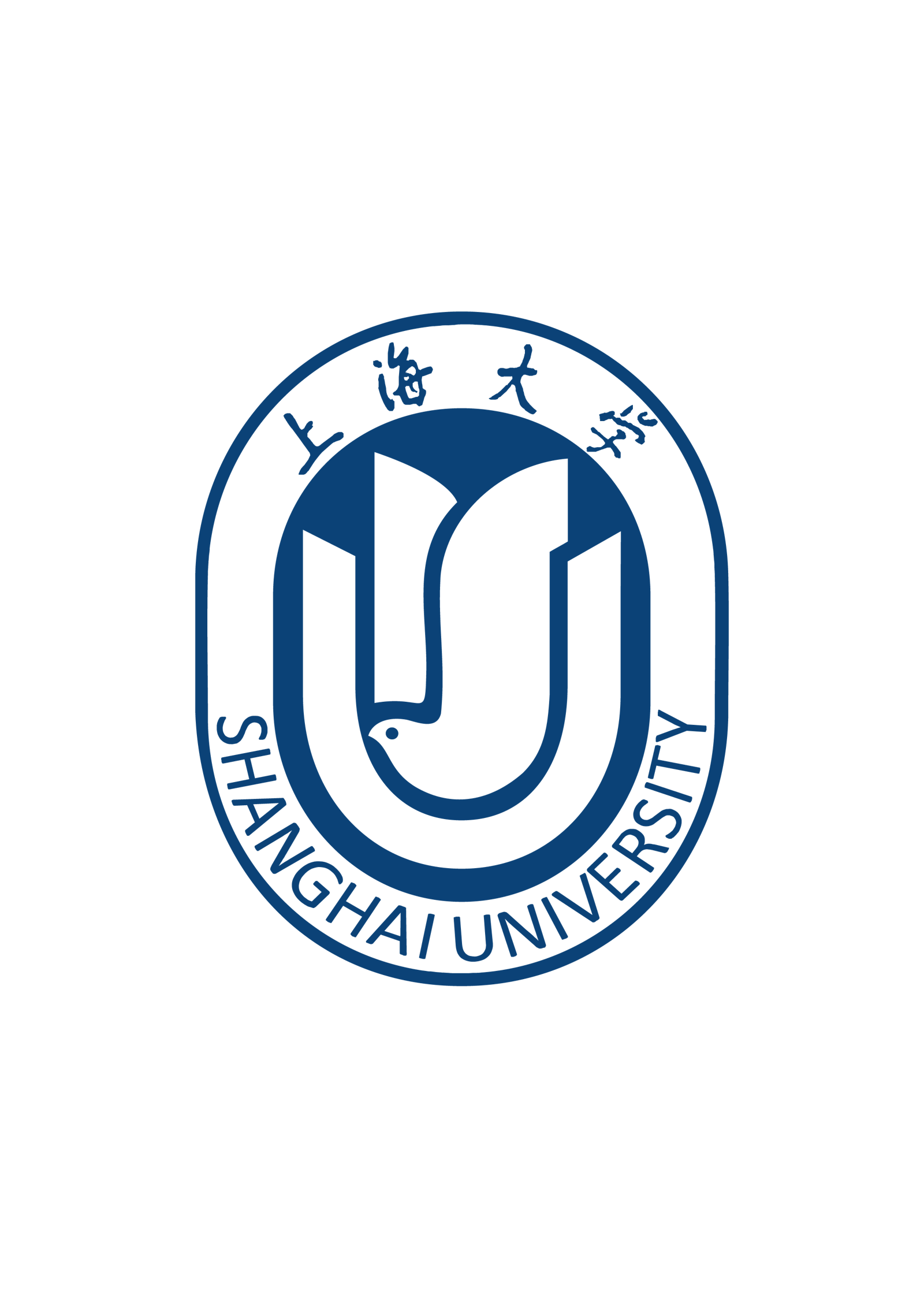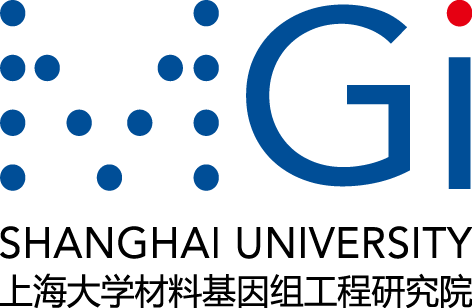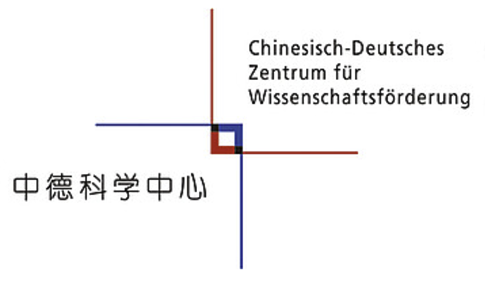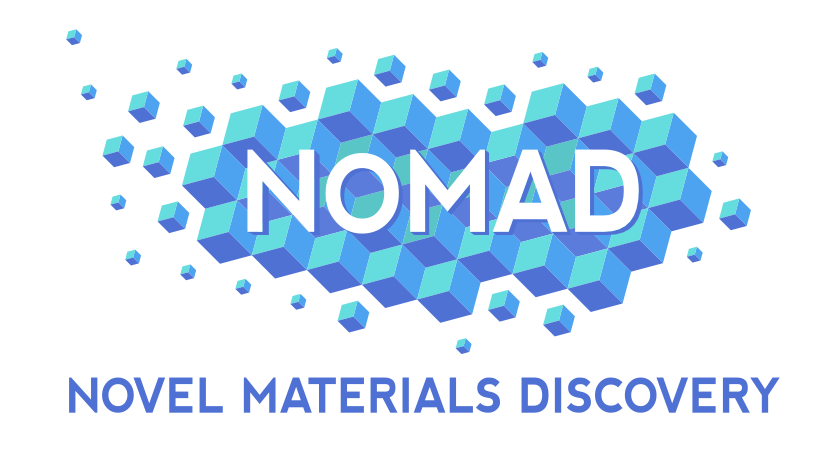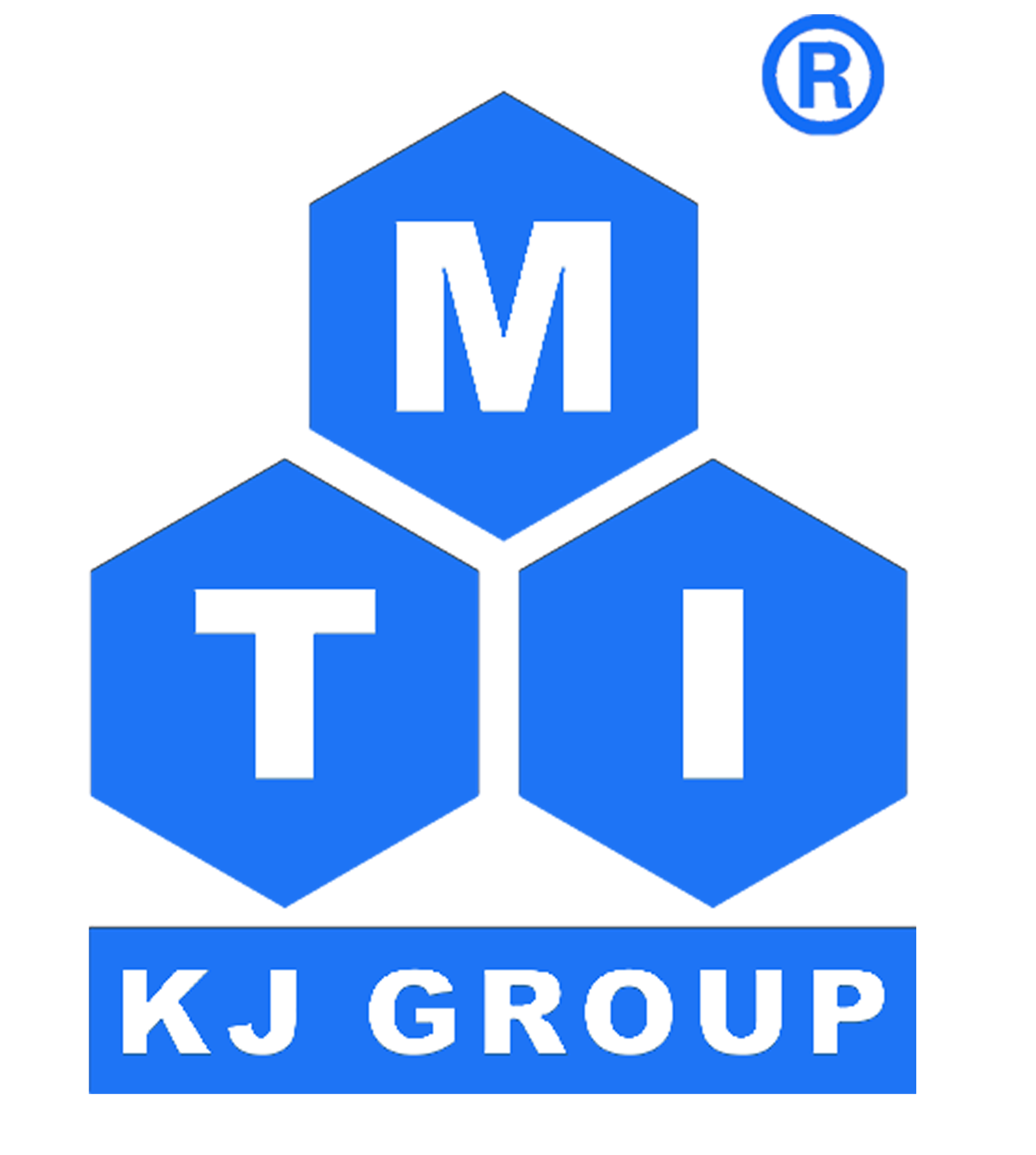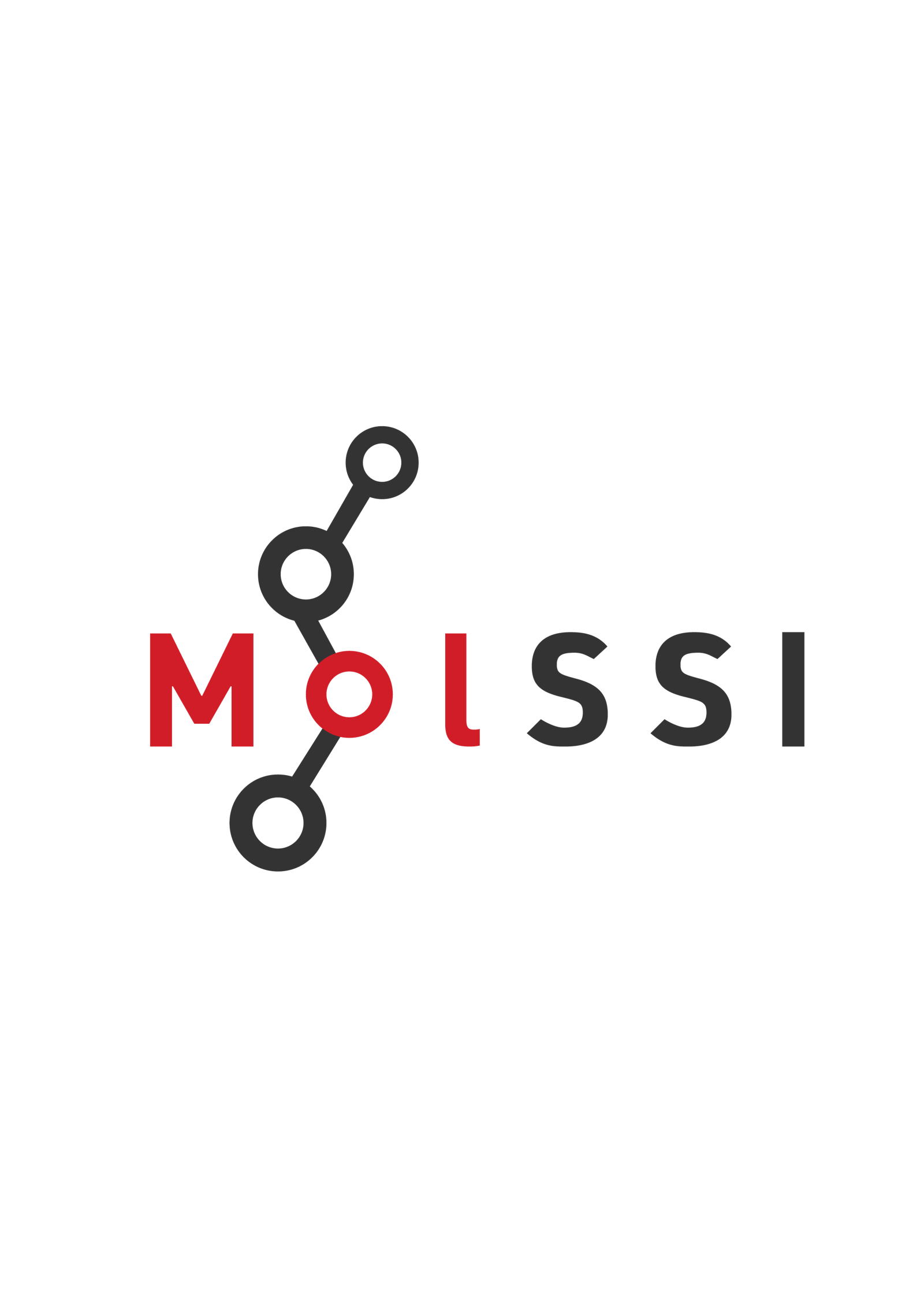Yea-Lee Lee1*, Jino Im1, Beom-Soo Kim1, Su-Hyun Yoo1, Yong Tae Kim1, Nam Joong Jeon1, Hyunju Chang1, Jungho Shin1
1Korea Research Institute of Chemical Technology, Daejeon, Republic of Korea
The recent advancements in autonomous laboratories have revolutionized the accumulation of high-quality data for machine learning. By automating data generation through intelligent robotic arms and applying metaheuristic methods, researchers can optimize experimental variables and processes to achieve their objectives more efficiently. Intelligent robotic arms enable programmable data generation, accelerating the speed and efficiency of experiments around the clock. This automation not only increases the rate of data generation but also enhances the optimization and efficiency of the experimental process. We highlight two cases: the synthesis of perovskite solar cells and catalysts for olefin production.
In the research on perovskite solar cells, the automated laboratory focuses on optimizing process parameters to produce high-efficiency devices. For example, controlling the anti-solvent dropping speed has proven crucial in ensuring thin-film uniformity, thereby improving device performance. By systematically correlating the dielectric constant of the anti-solvent with the dropping speed, we uncovered key factors previously overlooked in traditional approaches. Automated control surpasses human capabilities, resolving reproducibility issues inherent in conventional methods. Sequential optimization of additional process conditions promises groundbreaking progress in this field.
In catalyst synthesis, the automated laboratory plays a crucial role in handling routine and modular experiments using robotic arms. This capability is exemplified in the synthesis of metal catalyst precursors on supports for olefin production. The unmanned experimental setup accommodates both solid and liquid samples, facilitating the synthesis process. This method, which incorporates generalizable experimental steps, holds the potential for a wide range of applications across diverse domains.
Keywords: Machine Learning, Autonomous Laboratories, Solar Cell, Methane Conversion, Data-driven Materials Science
Dr. Runhai Ouyang (DCTMD2024@163.com)
